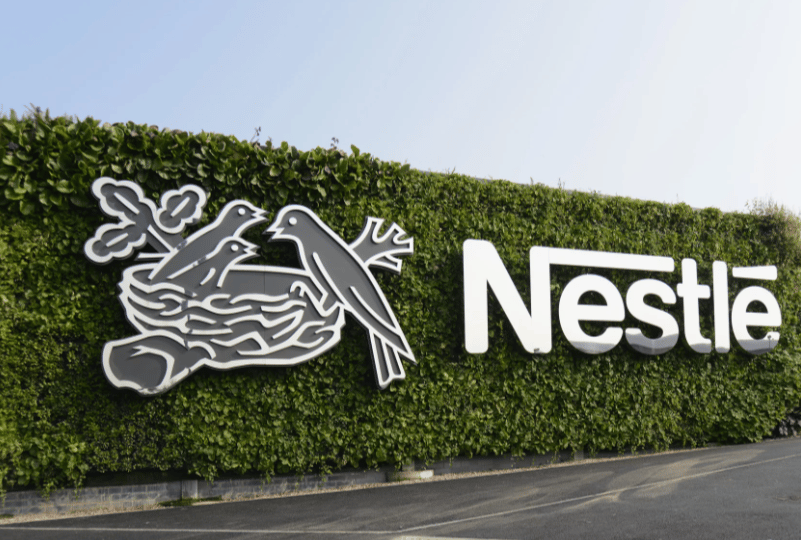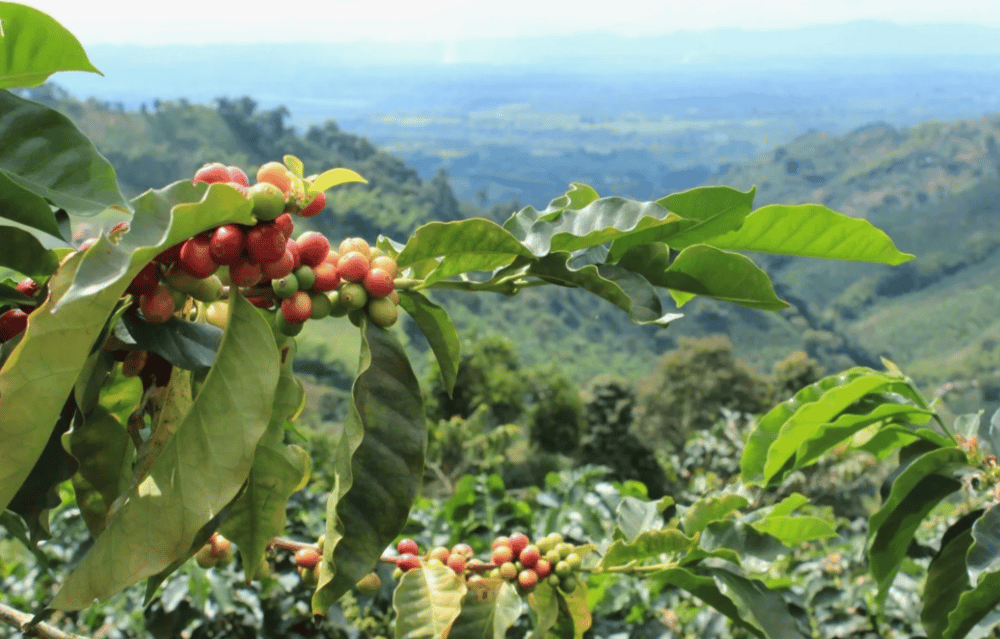Nestlé Eyes Climate-Resilient Conilon Coffee in Brazil’s Arabica Belt Amid Changing Weather Patterns
As climate volatility increasingly threatens global agricultural stability, Brazil’s Cerrado Mineiro region — a core production zone for high-grade Arabica coffee — is witnessing a strategic shift. Nestlé $NESN.SW, a major stakeholder in the international coffee value chain, is now supporting trials of Conilon coffee (a variety of Robusta/Canephora) in traditionally Arabica-dominated areas. This pivot reflects both climatic realities and the evolving economics of coffee cultivation.
Arabica beans, prized for their smoother flavor and complex aroma, are highly climate-sensitive, particularly to rising temperatures. In contrast, Conilon, a Canephora variety, is more robust under heat stress and less water-dependent — qualities that are increasingly attractive amid extreme weather and persistent drought risk.
Strategic Shift Toward Conilon in Arabica Regions
The decision to trial Conilon in Cerrado Mineiro marks a significant inflection point in Brazilian coffee strategy. While Brazil remains the world’s largest producer and exporter of both Arabica and Robusta, the introduction of Conilon in high-altitude, traditionally Arabica-only zones reflects a proactive adaptation to long-term climate risks.
Nestlé, one of the largest buyers of Brazilian coffee, is not only facilitating agronomic trials but also engaging in research partnerships with local cooperatives to assess yield performance, flavor development, and resistance to fungal diseases under highland conditions. The outcome may reshape both the supply dynamics and market segmentation of Brazilian coffee exports.

Key Industry Developments
☕ Nestlé supports Conilon coffee trials in Cerrado Mineiro
🌡️ Arabica increasingly threatened by climate warming
🌱 Conilon (Canephora) offers higher heat tolerance and drought resistance
🌍 Brazil remains the top global coffee exporter
🔬 Experimental Conilon plots evaluated for quality and yield at altitude
Market Response and Strategic Implications
While the trials are still in their early phases, the commodity coffee market is already watching closely. A successful transition or blend integration of Conilon in Arabica territories could:
Stabilize Brazilian coffee yields against erratic weather
Shift global pricing mechanisms if supply flexibility increases
Alter taste profiles in mass-market blends, especially for instant and capsule products, which often use Conilon
The development is especially relevant for futures traders and multinational roasters who rely on consistency and scalability of bean quality. Additionally, coffee certification bodies may need to revisit appellation criteria if Conilon adoption expands beyond experimental phases.

Key Market Takeaways
Conilon cultivation in Arabica zones could become economically viable under climate stress.
Nestlé's involvement signals broader industry readiness to diversify bean inputs.
Cerrado Mineiro's evolution could disrupt the historical Arabica vs. Robusta dichotomy.
Consumer taste trends may gradually shift if Conilon adoption grows in blends.
Export composition from Brazil could diversify further, affecting global logistics.
Conilon's Entry Could Redefine Brazil’s Coffee Future
The integration of Conilon into Brazil’s highland coffee economy represents a potentially transformative adaptation in response to climate instability. By future-proofing its supply chain and exploring new varietals, Nestlé is signaling that resilience, not tradition, will dictate the future of coffee cultivation in the world's largest producer nation.
While challenges around flavor standardization and market perception persist, the ongoing trials offer both an insurance policy against climate risk and a window into how agricultural diversification could shape the next decade of global coffee trade.















Comments
It's fascinating to see Nestlé pivot its strategy, turning climate challenges into innovative opportunities in coffee cultivation.
Redefining automation in today’s digital landscape requires bold acquisitions and long-term vision